In 2012, bassist Chris Dale published his diaries of the journey through the Siege of Sarajevo at MetalTalk, a move that would eventually lead to the Scream For Me Sarajevo film. Chris and MetalTalk’s Robert Adams reflect on this incredible story.
Robert was working with Roland Hyams at Workhard PR covering Bruce Dickinson’s press during the Sarajevo trip and has known Chris Dale for some time. Roland was also Iron Maiden’s press officer.
Kerrang contacted Sanctuary, Bruce’s management, asking him if he wouldn’t mind doing a show in Sarajevo. “I think that’s the way it happened,” Chris says. “Major Martin Morris and Trevor Gibson both worked with the UN in Sarajevo, and they thought it would be a good idea to put a concert on.”
They first got in touch with the Rolling Stones, which was a complete no go. One of the guys working in Sarajevo had worked as Lemmy’s bodyguard. He asked the Motörhead frontman, who said yes, only to be vetoed by the band’s management.

“I believe Major Martin Morris called Kerrang magazine,” Chris confirms, “and spoke to Phil Alexander asking to recommend who would be crazy enough to go and play in a war zone. Of course, Phil Alexander said straightaway Bruce Dickinson is the guy to go and do something like that. He was right.”
Chris Dale had just completed his first tour with Bruce, along with Alex Dickson on guitar and Alessandro Elena on drums, promoting the Balls To Picasso album. When the UN Invitation came through, he was about five months into his career with Bruce. They had recently played the Marquee, the set recorded for the live album.
The initial messages were that safe passage would be guaranteed. It should be like any other European show, apart from the posh hotels and the big rider.
“We were effectively told the UN would take us in and out,” Chris says. “I think the idea originally was to helicopter us in and out of the city, and we would just do the show.”
Two weeks after the call, the team travelled to Sarajevo, Roland Hyams included. “We arrived at Split Airport in Croatia, which was the nearest place you could fly to,” Chris says, “and the UN met us there, and they said there’s been a few problems.”
There were two Royal Navy Sea King helicopters in Bosnia. One was out of action, having been shot at by Serbian anti-aircraft fire. The UN could not guarantee safe passage. “We didn’t fully know those details at the time, but that’s why they couldn’t take us through,” Chris confirms.
Bruce was talking to some local journalists who recommended the Serious Road Trip, a local charity that would enter the dangerous areas in Bosnia. “We spoke to a guy called Graeme Bint, who said yes, they could take us to Sarajevo.”
With a way through, they gave their return flights back to the UN, who “kind of said it was on our heads, but they did respect it [our choice]. They said, well, okay, if that’s what you’re going to do, great. Can we take you out for dinner?
The group went to the UN Base in Split. “We had nice British army rations, roast beef,” and then they gave a briefing. “There was an RAF officer that showed us a map of Bosnia, and he gave us a quick chat about what was going on, the situation at that moment and the route we would probably take.
“I knew a little bit about the conflict before. I’d been following it on the news. But [we saw] an actual map of where we were going, and it showed us that Sarajevo was under siege, cut off from the world.” The route was a small one that the Bosnians had managed to keep open, which crossed Mount Igman.

The Serious Road Trip was “a bit of a wacky organisation.” All volunteers, they took aid to dangerous parts of Bosnia. “They were doing it with a sense of humour,” Chris says. “They would dress up as clowns and do acts for kids, juggling and things, which, in a war zone, was something that these kids hadn’t seen. All their trucks were painted yellow with cartoon characters, Asterix and Road Runner, painted on them.
“The reason was partly to make them exciting for the kids when they went to visit these places. And also, it made it obvious that this wasn’t a military vehicle.”
“All the UN were painted white for a similar reason. You can’t [bomb a vehicle] and claim later that you didn’t know that was a UN vehicle, and similarly if something is painted with Mickey Mouse, you can’t claim that you thought it was the enemy.
“In a sense, it’s more dangerous going like that, bearing in mind that some of the armed forces over there were targeting civilians.”
The band had travelled from Birmingham International airport, “very early in the morning,” arriving in Split lunchtime in a chartered civilian plane. “Bruce will tell you the type of plane. We can trust the plane registration numbers. They’re all accurate. Everyone on this flight had short crew cut hair. The only people going into a war zone were soldiers and us.”
The whole experience, “as I said in my MetalTalk articles, started off as a bit of a game, a bit fun. Every step of the way, it got slightly more dangerous.”
The trip took them through various checkpoints, and Chris says there were moments where alarm bells started ringing. “It just kept escalating. When we were in Split in Croatia, we could hear gunfire in the background, and we asked one of the Serious Road Trip guys, is the fighting that close? He said no, don’t worry about it. These are like people at parties firing guns off, at weddings. Ignore it.”
As they drove on, getting towards Sarajevo and into Bosnia itself, there was more gunfire, and some of it was a bit heavier than just handheld firearms. “I thought, no one fires artillery rounds for fun at a wedding, do they? Even in Scotland, you don’t do that.
“The driver was explaining to us about the situation there and how it was severe. He wasn’t joking in the slightest. He was another Scot, Dave Rowling. Unfortunately, we only got in touch with him just after making the film because he would have been great to have in. Top character. He was quite serious about it.
“The driver was telling us that if we got out the truck when we stop, don’t go to the edge of the road because it might be mined. He also said we’re going to try not to stop because even just stopping at a junction. Bandits could come out because it wasn’t just armies. The whole country is in chaos as people are starving, and they are mostly armed.
“So, if they get a chance to hijack an aid vehicle, a lot of them will give it a go. It’s getting a bit scarier.” Chris talks about this is now the point of no return. “Even if I completely decided, no, this is crazy, I’m getting out now, I’ve got to walk back down a road that’s potentially mined with bandits on it in the dark, not speaking the language for a few hundred miles.
“So actually, it got to the crazy point where we were safer staying with the plan.”
Now with MetalTalk, Robert Adams had been working with Roland. “He would tell me bits and pieces,” Robert says. “I asked him how the trip went when he came back, and he was quite quiet. Which isn’t like him at all.”
Robert sensed this was not just another show. “I was told about the show and what it was for,” Robert says. “I met the rest of the band, Bruce included, and as I’ve said to [Chris] before, there was a definite difference in them all from two weeks previous, at the Marquee.”

On the Skunkworks site, Alessandro said that one show was the most important show he would ever play in his entire life. “I respected that,” Robert says. “If you are headlining a festival anywhere or playing in front of a quarter of a million people, it doesn’t matter. That one show in that club wasn’t just a show. That wasn’t just a Bruce Dickinson concert that night. That was an expression of freedom, an expression of joy, which as you [Chris] said, was completely missing due to the carnage that was going on at that time.”
“We all remember it differently,” Chris says, “and there’s also the element of hindsight. For me at the time, the concert itself was the most normal thing about that whole weekend, because I was familiar with being on stage and playing bass and having Bruce and Alex and Alex there.
“So that part was the only normal part of the weekend. Everything else about the weekend was absolutely insane. I’ve heard Alex say that about the concert, but it was kind of weird for me. I didn’t realise at the time the effect we were having on the people. If anything, I thought that had been a kind of wasted mission because it was only when I got there that I realised they didn’t have some of the basics in life—toilet paper. I could have taken them toilet paper, and bandages would really have helped.
“Any number of things that we took for granted we could have taken out there, but we just didn’t think, I didn’t realise. So I felt afterwards that we just kind of went there, played our rock’ n’ roll game, saw all the suffering and then just left.”
Chris talks about initially feeling guilty. “I felt guilty about not being able to help,” he says. “But it is only years later, with hindsight having made the movie, and seeing the reaction of the Bosnian kids there, it really did mean something big to them.”
Was it doggedness that made the band try and get to the show and a refusal to accept that they cannot get there, or was it Bruce just saying, I’m the gaffer here, this is what we’re going to do, let’s go and do it?
“Somewhere between,” Chris says. “Bruce was definitely very dogged about it. He was very keen to go and do the show. Myself, if the UN had said, let’s not go there, I would have gone home. That’s the sensible thing, isn’t it?”
“But I think what then took us through was, and I think it’s the same for a lot of people in stressful situations and soldiers in wars, that the reason you’re there is that your mates are there. And if Bruce is going to Sarajevo and if Alex and Alex are going, well, I’m going to go. On the other hand, if they go fuck this, I’m out of here, I will run just as fast as them. I’ve got longer legs than the wee Scotsman.”

You see it beautifully in the documentary where there was a scene with Bruce when they went back, where Bruce is above Sarajevo, and you can’t see it because it’s just covered with mist, because it is in a valley. “They also have massive pollution problems there,” Chris says. “Not being an EU member, they’re not tied by emissions controls. So what you see there is smog, really. Bruce says it looks like a beautiful cappuccino in the film.”
The trip arrived at the point of Mount Igman. “We had to cross about daybreak. That was the plan. We were going to drive through the night, take advantage of the dark, arrive at dawn. It was there that the serious road trip left us and went home, and Major Martin Morris picked us up in a couple of un-armoured vehicles. It didn’t look quite as beautiful as in the film.”
That was another of those points in the journey where the tension increased. “The daylights lifted, and we can actually see what’s around us now, all the buildings shot up,” Chris says.
“There are still people living in the semi-demolished buildings, with open fires. That was the first real-time… carnage, people having a proper shit time. There were a load of Bosnian soldiers around this checkpoint as well. They were retreating from the night’s fighting, looking pretty exhausted and harrowed and all that and again, like the driver, you know, that they’re taking it pretty seriously. There’s not a lot of laughing going on at this stage.”
There was a famous photo of Bruce standing by a tank at the side of the road, which had been bombed. “That was on the way out,” Chris says, “but it was an incredibly stupid thing to be doing.
“We were driving with one or two British army land rovers, with a couple of British soldiers who I have got to know since; Martin Swan and John Allerton. Bruce decided that he wanted a photo next to the shot up tank.
“Now, this was in no man’s land, it was on open land between both lines, and Bruce and Roland got out to take this photo.
“The rest of us sat in the landrover with these two British soldiers, and they were saying, ‘I hope he fucking gets back in quickly. I wish he’d stop pissing around. This is really not a great idea’.
“And Bruce and Roland are posing for a photo and ‘no, actually I’ll take another one. Get better light on it.’ That could have gone wrong any second.
“There were a lot of points where things could have gone wrong at any time, but that was one where they were inviting it. Don’t stand out there. That’s not clever, you know? Nice photo, though” Robert agrees it is a great photo, but at what cost? “It’s the T-55, the tank. Again, ask Bruce. He’ll have it,” laughs Chris.
Finally, they arrive in Sarajevo. Like most normal people, all they know of a war zone is what they see reported on the news, but they live and breathe this situation.
“Yes, you see it on the news, you see it in the movies, it’s nothing like actually being there,” says Chris. “You don’t get any emotion, obviously—the fear, especially as there are more and more things that are being explained to us.
“It becomes more and more apparent how ridiculously dangerous this is. You couldn’t walk around the city streets. The Bosnian Serb army was sieging the city from the hills, shooting civilians in the streets with sniper fire, and dropping mortar rounds into the city. Kind of randomly, but targeted, so it’s where it became apparent that you could die any second, there wouldn’t be a warning.
“You know that cliché about you don’t hear the shot that kills you? We were told in no uncertain terms, yes, that’s absolutely true, bullets travel faster than the speed of sound, you won’t hear it.” One minute you’re there, the next minute, you’re not.
“The whole thing about the snipers,” Chris says, “it’s a lot more cunning than what people realised. Sometimes there would be a sniper in a flat or an apartment looking down on the street, and of course, he is not using the window. He has taken one brick out of the wall and has got one tiny hole to look out from.
“You can’t see him through that because he’s actually a few meters back from there with his rifle on a tripod. So it’s completely set. There’s no wiggle in your hands. I mean, the things they were doing were cunning and ruthless. I think they managed to kill about 10,000 Sarajevo citizens during the siege, over 1,000 of which were children.
“I did say to one of the UN Guys afterwards, ‘they’re not going to kill Bruce Dickinson. It would be crazy bad press, wouldn’t it?’ And this UN guy said to me, ‘well, they kill children, and they kill journalists.’ If you want bad press, kill a journalist. That will do it. They literally didn’t care.”

The band stayed in the UN base, in some buildings near the centre of Sarajevo. “You would think that would be relatively safe, but right next to my bed was a bullet hole in the wall, and someone had drawn around the bullet hole with a Sharpie and put the date that it arrived, which was a few months before.
“They could shoot into the UN base if they wanted. It’s mental. So, even when you’re asleep, you’re not safe. We obviously had it a lot safer than a lot of civilians. Some of the civilians were living right on the front line. If your block of flats is on the front line, that’s it.
“You see some of the blocks of flats in Sarajevo today, and they’ve got shell holes in the side of them, and you think that that’s gone through someone’s living room in the evening. There is no way you can say you thought that was a military target later. ”
By this time, the UN had imposed a no-fly zone, so the Yugoslav National Army was no longer directly bombing Sarajevo with airstrikes. A small mercy.
With sleep only coming from brief dozes in the trucks, the loading for the gig progressed while Bruce was doing some press. Was it was a common knowledge that the show was going ahead in Sarajevo? “It was a funny one because, on the one hand, they didn’t want the Serbian army knowing, but on the other hand, they had to let people know there was a concert happening,” Chris says.
“Also, the whole city was potentially full of spies. One of the curious things about the Bosnian war, of course, is that both sides spoke the same language, and many of them knew each other, were old school friends or old army friends. Also, both sides used the same weapons and ammunition so they could trade arms and ammunition between the sides.
“I would think the Serbians knew about this, and then it’s just a risk, of course, because they could target the venue. The venue was quite near the front line. It was an easy target. It had a big dome on top. You can’t really miss it.”
The band did the gig, then went back to the UN base and got some sleep.

Arriving back in England, Robert noticed changes. An employee/employer relationship between Robert and the band had already turned into a lifetime friendship. “It was like these guys had literally been to hell and back,” Robert says.
“I could see they were doing their best to try and not show it. Because if they thought about what they had seen during those four days, they wouldn’t leave the house ever again. It would be too much. The pressure would be too much. They would be consumed with sorrow constantly.”
“It’s interesting that you noticed that at the time about us,” Chris responds, “because obviously, we couldn’t see ourselves from the outside. And yes, there were some dark thoughts.”
But the show must go on. “We were living time of our lives, travelling the world, top hotels, absolute luxury. It was kind of like, out of the sauna and into the snow type of thing, you know? Suddenly it was back to London, and then I think the next dates we did were Chile, Argentina and Brazil.”
Talking about the experience was difficult. “We didn’t talk about it much at the time. Our brains needed to process it. How do you explain it to anyone? It would have ended up with a 3-hour conversation in tears, so with friends, it was like, oh, let’s just go out and have a beer and have a laugh.
“So it didn’t really come out for years.”
You can read bassist Chris Dale’s enthralling account of events in:



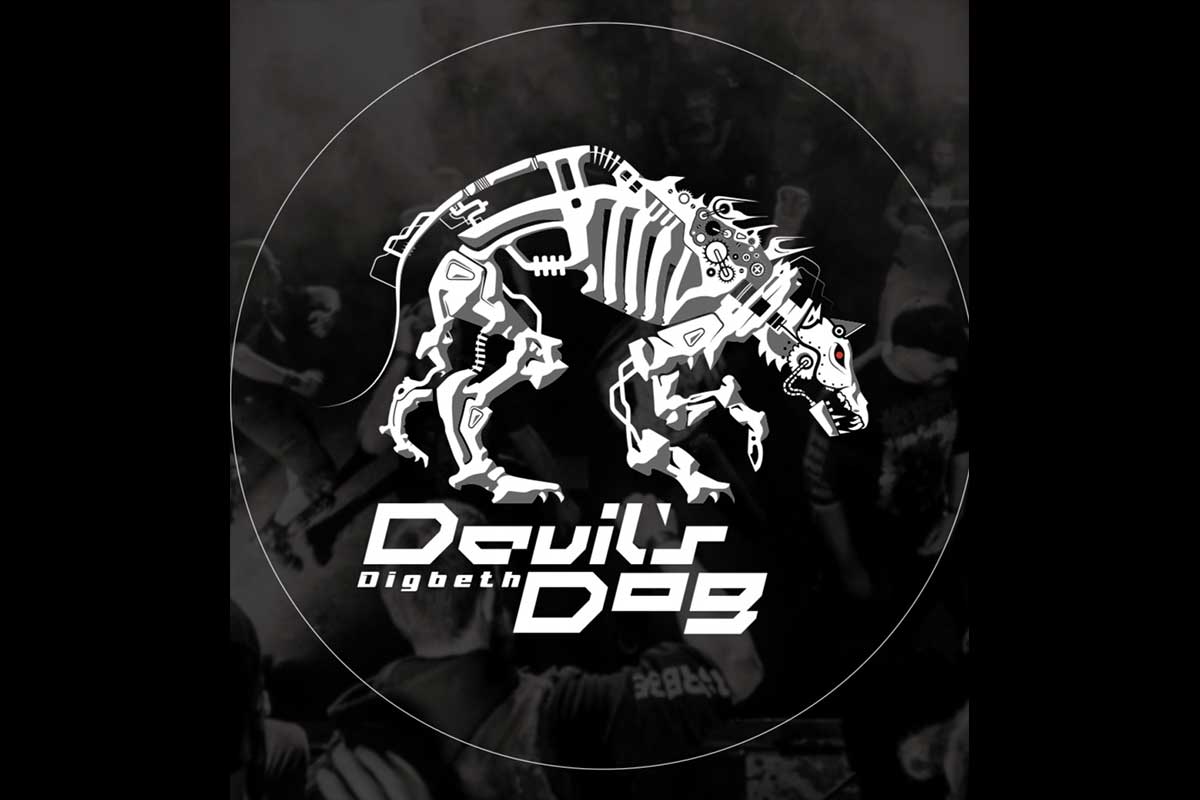
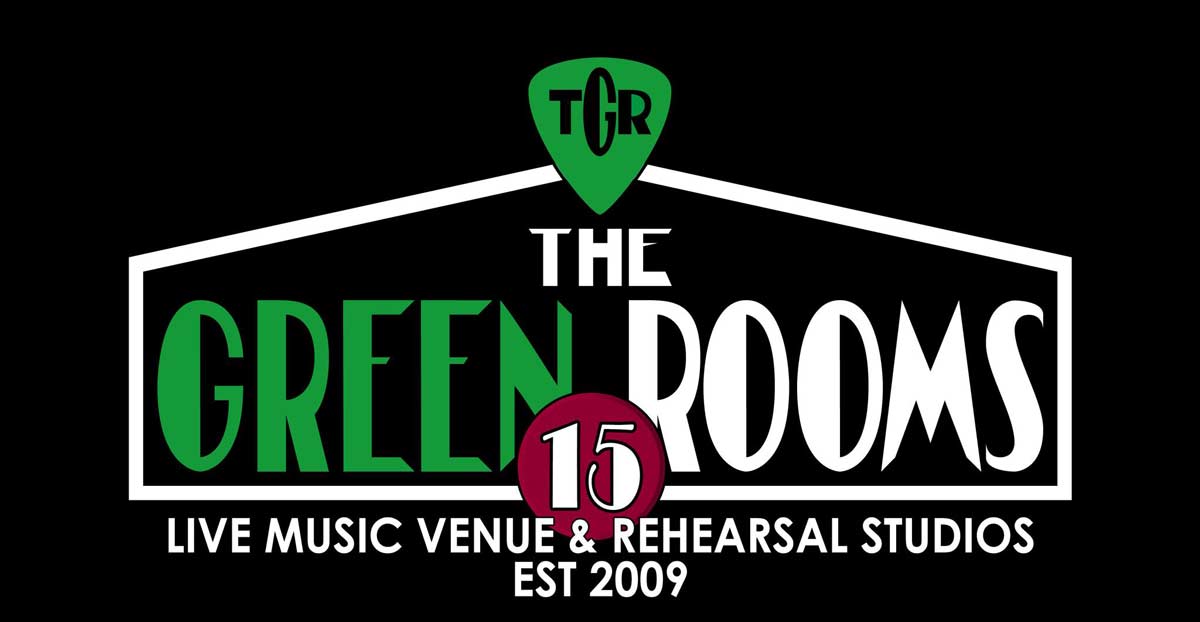
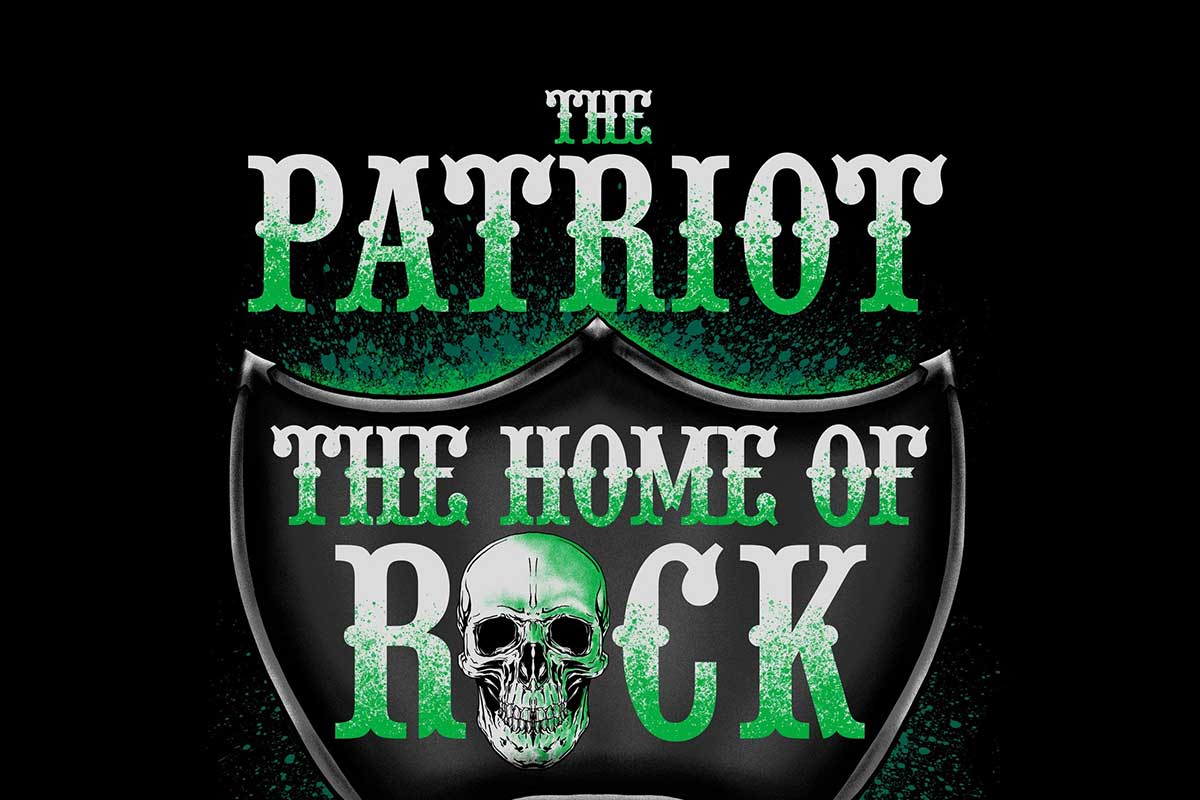
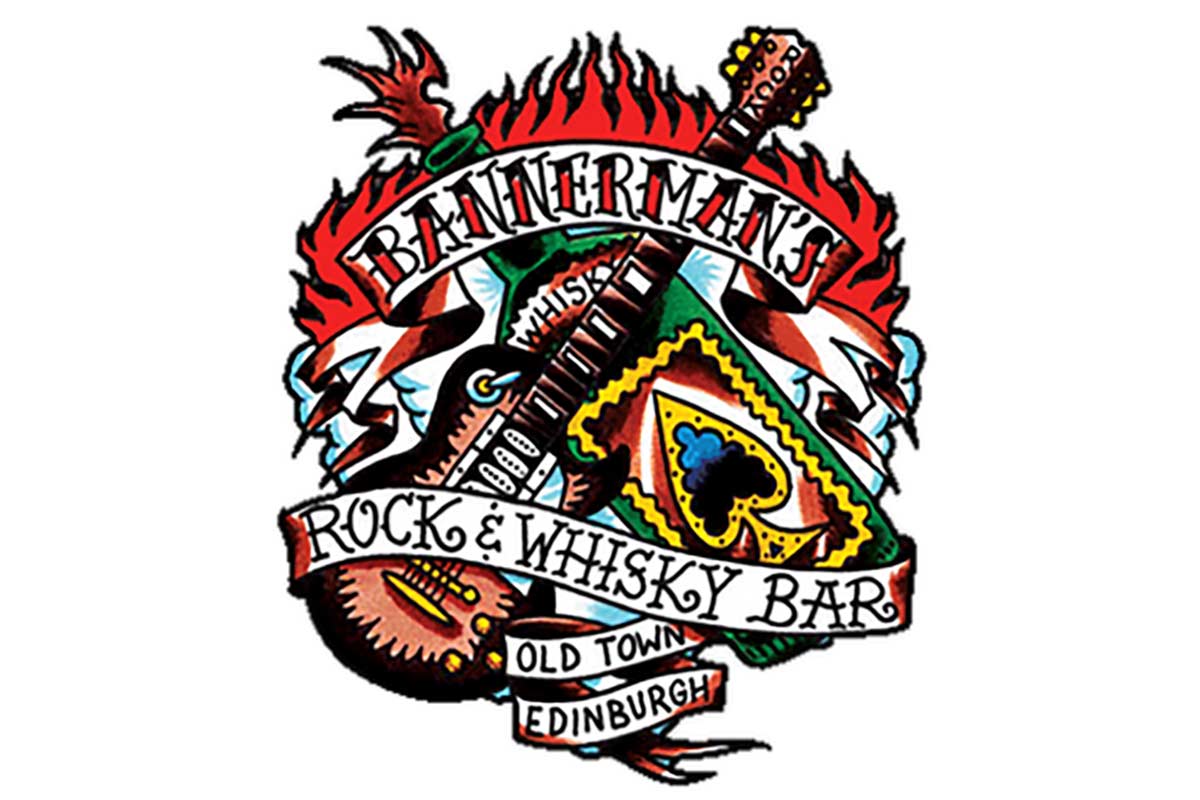
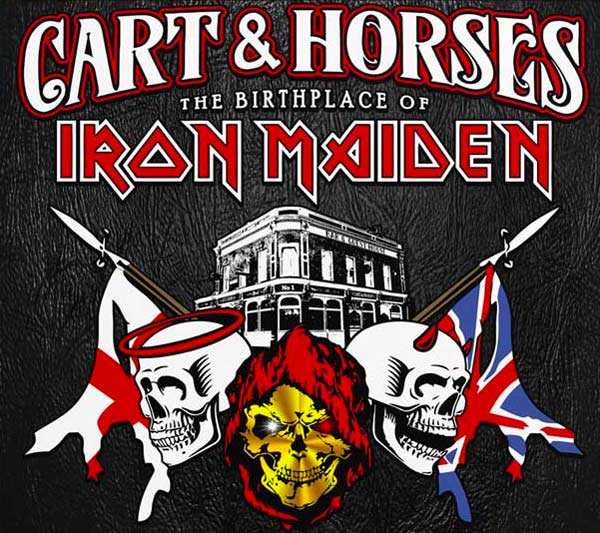
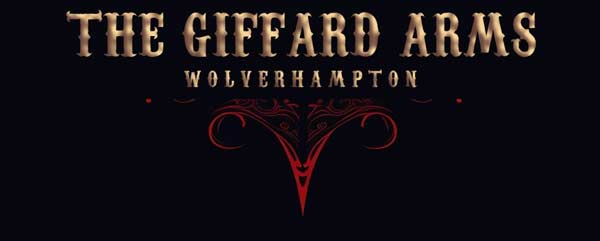
Apart from a crucial name check error, pretty much how it was and how it happened. A night out never to be forgotten.Thanks Chris, Bruce and band.